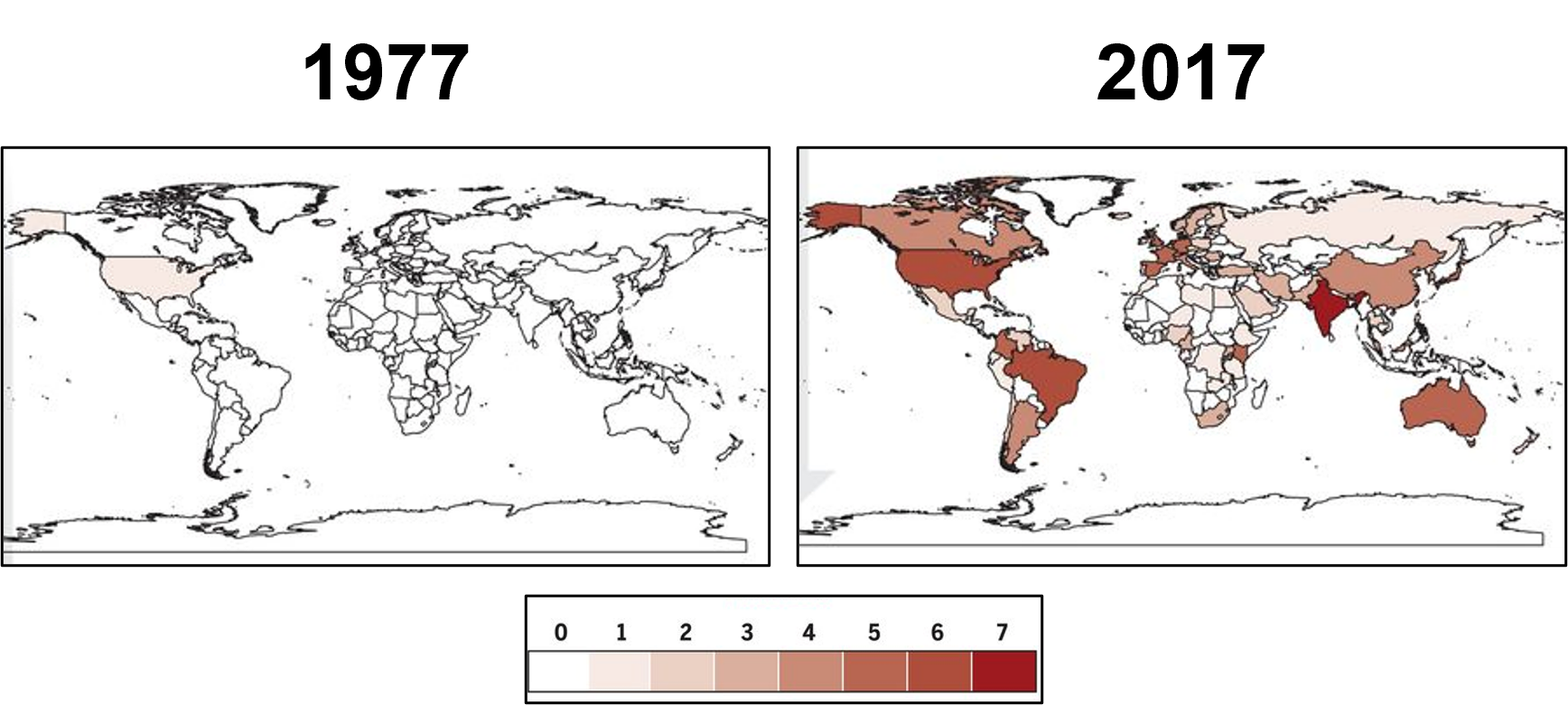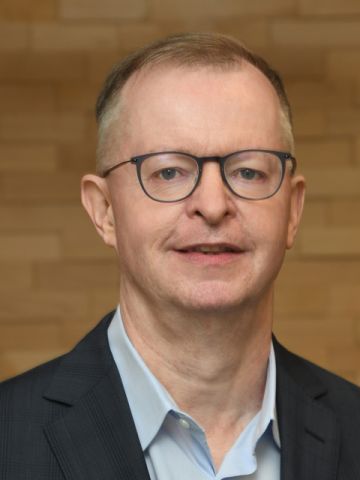Iliyan D. Iliev, Associate Professor of Immunology in Medicine
Summary
- The human gastrointestinal (GI) tract supports a complex microbial environment consisting of bacterial, fungal (mycobiota), viral and protozoal members
- It is becoming increasingly obvious that the human gut mycobiome plays a crucial role in the development of GI disorders and cancers of the GI tract
- However, interspecies interactions within the GI tract and their role in disease development remains an unexplored area of research
- The chemical basis for these interactions are critical for the rational design of treatments for GI disorders and yet, remain a completely uncharted territory
- Dr. Iliev, a KOL in the mycobiota space, has developed a library of microbiota-produced metabolites and assessed their effect against a panel of human disease relevant fungi at physiologically relevant conditions in vitro
Technical Overview
- Dr. Iliev has developed libraries of human microbiomes and strain isolates that facilitate the study of microbe-microbe and microbe-host interactions
- Dr. Iliev has further developed methodology to identify and characterize metabolites produced by these libraries as a byproduct of energy production
- Several metabolites have been shown to have antifungal properties against pathogenic Candida species, and are currently the subject of experiments to identify the “active groups” through generation and screening of compound libraries
- Early efforts have already identified compounds with 10x increased potency over the target metabolites
- Parallel efforts are underway to identify fungal antigens that are prime targets for the development of antibody therapeutics and vaccine strategies
Market Opportunity
- Increasing resistance of drug-resistant pathogenic fungi highlights a growing unmet need for novel antifungals
- Results from this collaboration are expected to uncover key anti-fungal mechanisms of action and provide novel antifungals to treat GI tract disorders
- Dr. Iliev has already identified several naturally occurring metabolites with antifungal activity as well as fungal antigens that can boost antifungal immunity through immunization
- While currently focused on GI disorders, the approach may be scaled to target fungal infections of other organ systems, including vaginal, skin, and oral
Partnering Opportunity
Weill Cornell Medicine is seeking a strong industrial partner with a market leading franchise in the fungal and microbiome space

Figure 1: Worldwide reports of antifungal resistance of the human pathogens A. fumigatus, C. albicans, C. auris, C. glabrata, Cryptococcus gattii, and Cryptococcus neoformans to azole derivatives have increased significantly over the last 40 years (figure adapted from Fisher et al. Science. 2018).
Contact Information

For additional information please contact
Brian Kelly
Director, Business Development and Licensing
Phone: (646) 825-2766
Email: bjk44@cornell.edu

